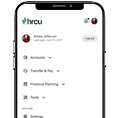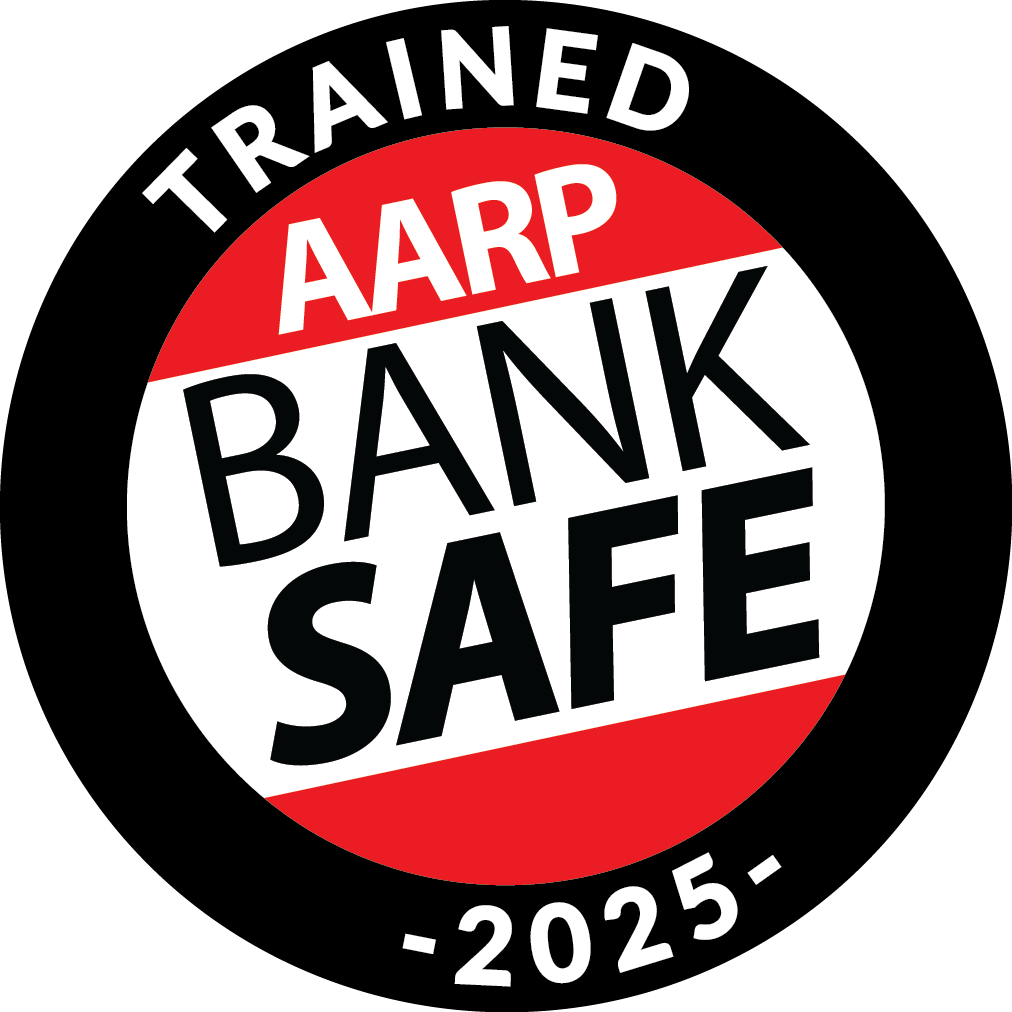To be eligible for HSA, owner must have a qualified, high deductible health insurance plan.
Annual contribution limits are determined by the Internal Revenue Service (IRS).
Funds withdrawn for non-qualified expenses will be taxed at your income-tax rate, plus a 20% tax penalty if under the age of 65.
The IRS states that a negative balance in your HSA account is prohibited by federal law. This means that you cannot have any transaction, fee or charge that causes your HSA account to have a negative balance. It is extremely important that you do not overdraw your HSA account.
We encourage you to set up an account balance alert on your HSA account to help effectively manage your account and avoid a negative balance. By opening an HRCU HSA, you agree to immediately deposit sufficient funds to eliminate any negative balance should that situation occur, and also authorize HRCU to transfer funds from any other HRCU account in which you have an interest, to create a non-negative balance in the HSA checking account.
If you do not correct a negative account balance immediately, The IRS will consider your account in a prohibited state and by law HRCU must close your account. According to the Internal Revenue Code, if an HSA account results in a negative balance, the HSA will cease to be an HSA on the first day of the year in which the prohibited transaction occurred, thus becoming taxable.

















